The continued detention of the leader of the Indigenous People of Biafra (IPOB), Nnamdi Kanu, by the Department of State Services (DSS), has understandably remained controversial. While there are divergences of perspectives on this subject...
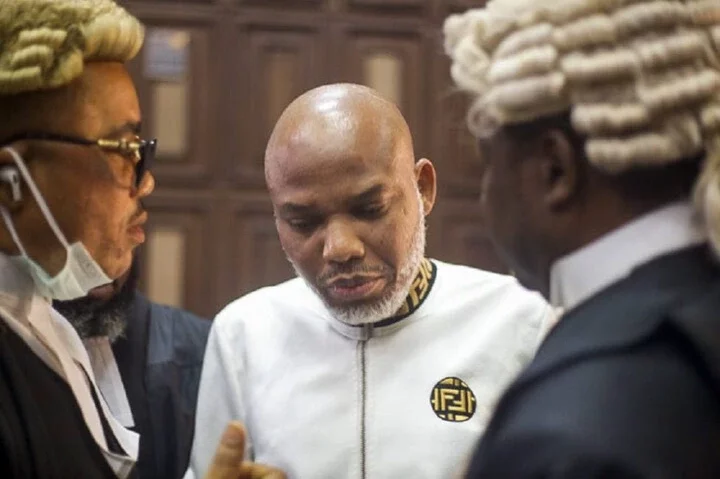
The continued detention of the leader of the Indigenous People of Biafra (IPOB), Nnamdi Kanu, by the Department of State Services (DSS), has understandably remained controversial. While there are divergences of perspectives on this subject, the call for a political solution to the protracted issue rather than judicial resolution is gaining momentum partly because the legal option is suffering hitches; and also because the much desired peace in the south-east region of the country remains elusive. Championing the political cause, Ohanaeze Ndigbo, the Igbo socio-cultural organisation, recently reiterated its appeal to President Bola Ahmed Tinubu to unconditionally release the detained self-determination agitator. The group pledged to execute an indemnity agreement in favour of the Federal Government if this prayer is granted.
Probing the legitimacy of Kanu's indefinite incarceration, Evangelist Eliot Uko, the founder of Igbo Youth Movement (IYM) who doubles as the Secretary of Eastern Consultative Assembly (ECA), described the action of the DSS without any formal charge against the detainee as an aberration. He claimed that the refusal of the secret police to free Kanu is partly responsible for the instability in the South East Zone. He further asserted thus: "Since Governors and cultural organisations are demanding his release in line with the court order that he should be allowed to go home, it is necessary that he should be released since his continuous detention does not seem in any way to assist the pursuit of resolution and closure. Peace will be better achieved under an atmosphere of camaraderie and mutual political solution, than under any other atmosphere."
Expressing his position on the instant discourse, Chief Martin Onovo, a petroleum industry expert and activist, stated that the continuous detention of Kanu negates the rule of law and contravenes the judgment of the court which had quashed all the charges against him. He opined that "the release of Mazi Nnamdi Kanu will definitely impact the polity positively, particularly in the South East." This stance appears to resonate with a considerable number of people who believe that the persistent failure of the Federal Government to free Kanu is contemptuous.
Notably, commentators are labouring under the impression that the detention of Nnamdi Kanu is entirely devoid of any legal substratum since there are no subsisting charges against him. This perception is accurate to the extent that the Federal Government has yet to file any fresh charges against Kanu. However, his continued detention is not devoid of lawful backing, mainly because there is a judicial pronouncement staying the execution of the judgement quashing charges against him.
The DSS extradited Kanu from Kenya in June 2021. Thereafter, he was dragged to Abuja Federal High Court, on a 15-count charge bordering on treason and terrorism. However, eight of the charges were dismissed by the trial court while the Court of Appeal quashed the remaining charges. Aggrieved by this decision, the Federal Government sought the intervention of the Supreme Court via an appeal and contemporaneously applied to the Court of Appeal to stay the execution of its judgment. In a ruling delivered by Haruna Tsanami, JCA, on October 28, 2022, the Court of Appeal suspended the enforcement of its judgment until the appeal at the apex court is heard and determined. This order clothed the DSS with the authority to legally withhold the release of Kanu until the final arbiter resolves the pending appeal.
Regardless of the legal status of the matter, it is still pertinent to query whether the continuous detention of Kanu deserves a political solution. Some have argued that the judicial process should be allowed to reach its logical conclusion without any interference, while others assert that Kanu's anti-government antecedents and lack of commitment to renounce his separatist agenda disentitles him from any political consideration. Conversely, it is counter-argued that Kanu should be set free since the court has yet to fault him for any wrongdoing, and also respectable personalities have offered to be his guarantors and indemnitors.
So far, President Tinubu has been silent on the issue, perhaps as a matter of caution in order to make a well informed-decision. Being a new sheriff, President Tinubu is expected to properly weigh the conflicting interests in the matter vis-à-vis national security before tilting towards the side that promotes national interest. Also, knowing that Kanu had previously jumped bail and fled the country without any atom of concern for his sureties may somewhat whittle down the guarantee and indemnity argument in government's consideration. It is also possible that the administration is towing the line of the immediate past government of Muhammadu Buhari to allow the legal process to determine Kanu's fate. Unarguably, no right-thinking-minded leader would permit a secessionist movement against his government. However, the fundamental question is: does Kanu pose any real danger to the stability and unity of Nigeria?
The above poser cannot be properly determined without first pondering whether the continued detention of Kanu has resolved the security challenges in the South East region. Recently, a civil rights advocacy group, The Rule of Law and Accountability Advocacy Centre (RULAAC), expressed fears over the incessant killings; destruction of property, and sacking of communities in the region. The situation is further worsened by the violent execution of the sit-at-home order by members of IPOB. This has caused a devastating impact on socio-economic and political development, as well as livelihoods and civic freedoms in the South East. Consequently, it is safe to assert that Kanu's detention has not in any way deescalated the security tensions in the South East. Also, his agitation for self-determination (Republic of Biafra) is a lived enactment of the philosophy of justice that appears wherever and whenever real or perceived oppression, impunity and injustice rear their heads and occasion structural violence.
It is recommended that the government navigates this complicated issue via dialogue. While the complexity of the matter and the fact that it is sub judice are not lost, it is not beyond political redemption. In 1970, Gen. Yakubu Gowon toed the path of peace with his Reunification and Reintegration Programme for former Biafra citizens. Similarly, to address the uprising in Niger Delta, the administration of the late President Umaru Musa Yar' Adua offered amnesty to repentant militants. More so, if former President Muhammadu Buhari could present an olive branch to daredevil Boko Haram terrorists, it is not out of place to seek the intervention of President Tinubu to restore peace in the South East, and in the overriding interest of the country. On his part, Kanu should personally undertake not to engage, or cause others to engage, in any violent activity capable of causing pandemonium in the country.

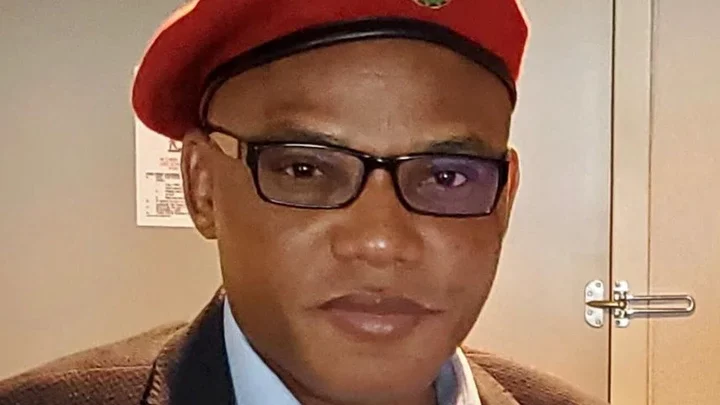

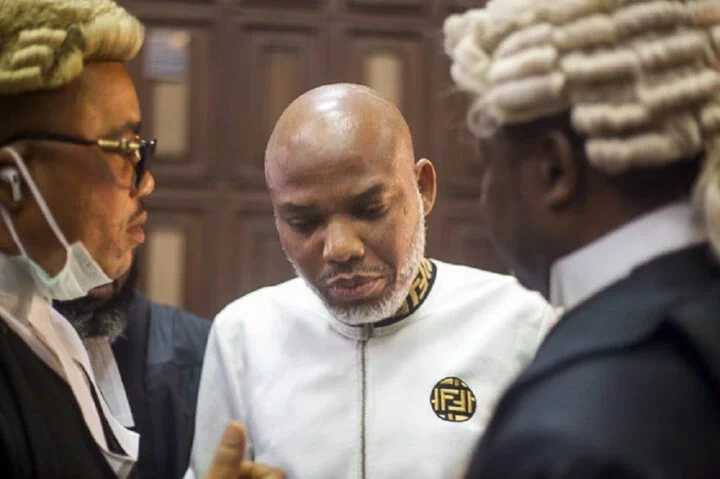
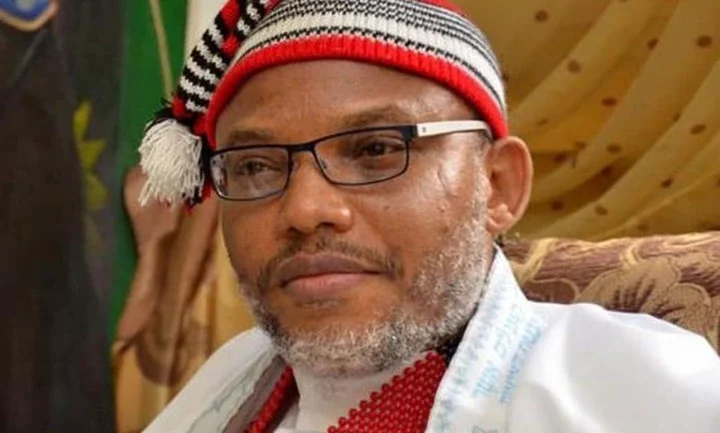
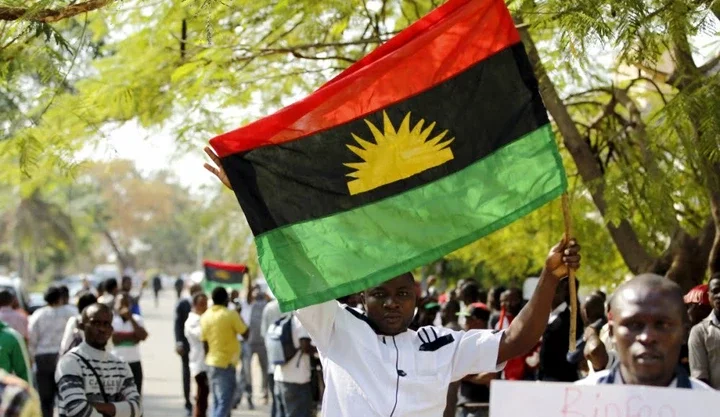
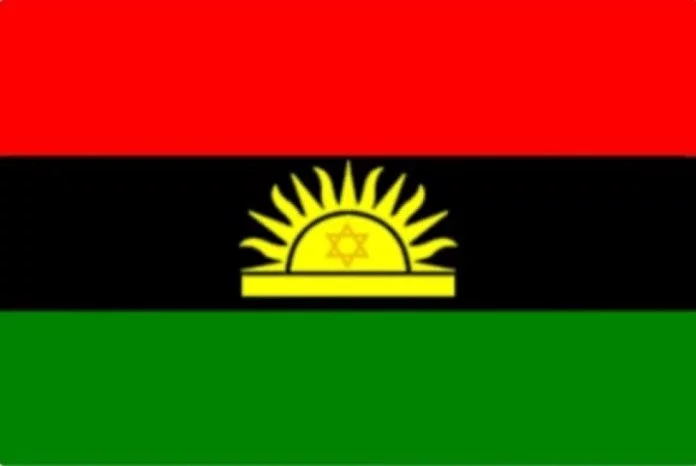

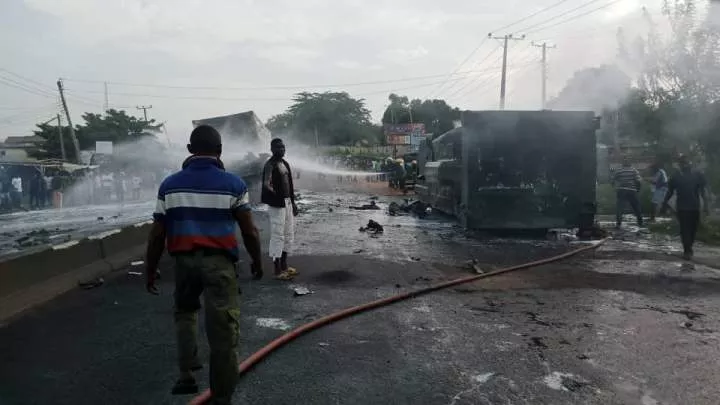







Comments